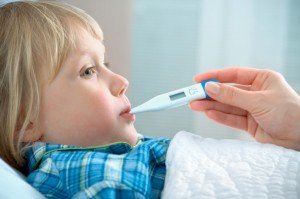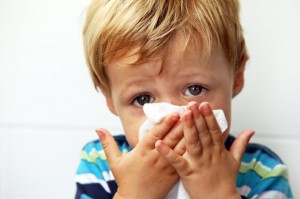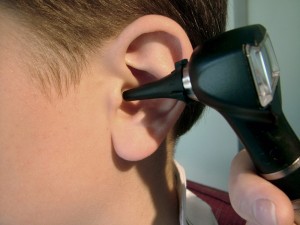Knowing When To Keep Your Child Home
Too sick for school or daycare? For the mothers out there who have full time or part time jobs, keeping them home from school or daycare isn’t so easy.
My oldest was 7 when i had the twins, and before I had my twins, I worked full time. Here was my solution for the mornings when my oldest was sick. I spoke to a few stay at home Moms who agreed to be my “back-up plan” in the case my son was ill. In return for helping me, I would offer to give them money, or I would return the favour on weekends. For example, I would watch their kids for a few hours on a sat afternoon so they could run a few errands alone, or invite a kid or two over for a sleep-over on a Friday night, to let them sleep-in on Saturday morning.
Before you make the decision to send the child to school ask yourself
- Does my child have a fever?
- Is my child well enough to engage in class?
- Does my child have a contagious illness such as the flu, or pink eye?
When Children Should Stay Home from School

- Fever is the body’s way of fighting infection, and destroying the germs that make us sick. Keep your children home if they have a fever of 101° F or higher. If your child is warm, but doesn’t quite make the 101° F mark, look at other signs. Is the child grumpy? Does the child look sick? It’s not necessarily the height of the fever, but how the child looks as well, that should determine whether or not they attend school.
- Diarrhea is often the caused by infection, food poisoning, or a side effect from medication such as antibiotics. Keep your child home until stool forms, and your doctor gives the ok. Make sure your child stays well-hydrated.
- Vomiting is another way for your body to get rid of the germs that are making it sick, and is usually caused by a stomach virus or stomach infection. Keep children home if they have vomited twice or more in the last 24 hours, or if they vomit first thing in the morning, since you can’t predict how they will fair for the rest of the day.

- Severe cough and cold symptoms should keep kids home from school. A severe cough can be a sign of contagious conditions. Severe cold symptoms can be highly contagious, keep your child home until the cough and cold symptoms have subsided and are less likely to be spread to the rest of the class. If your child has a mild cold it’s ok to go to school.
- Sore throats can be a symptom of strep or a common cold. If your child has been diagnosed with strep throat, keep the child home for at least 24 hours after the start of treatment. If your child has a mild cold, it’s ok to go to school.

- Pinkeye (conjunctivitis) is contagious and you should keep your child home for at least 24 hours after the start of treatment.
Symptoms include
- redness in one or both eyes
- itching in one or both eyes
- a gritty feeling in one or both eyes
- a discharge in one or both eyes that forms a crust during the night that may prevent your eye or eyes from opening in the morning
- tearing
- Headaches can be a sign of a more severe illness such as the flu, meningitis, and strep throat. If your child doesn’t have any other signs of illness, it’s ok to go to school.
- Earaches aren’t contagious. There’s no need to keep a child with a mild earache home, provided they feel well enough to concentrate.

- Mild cough and cold is no reason to keep a child home, provided their nasal drainage is clear, and their cough is mild.
- Rashes can be a sign of a contagious ailment such as chickenpox. Consult your doctor, especially if it’s spreading, to determine if it’s contagious before sending your child to school.
- Upset stomachs can be the result of a few things, infection, nervousness, or anticipation. If there is no evidence of vomiting or diarrhea it’s ok to go to school.










